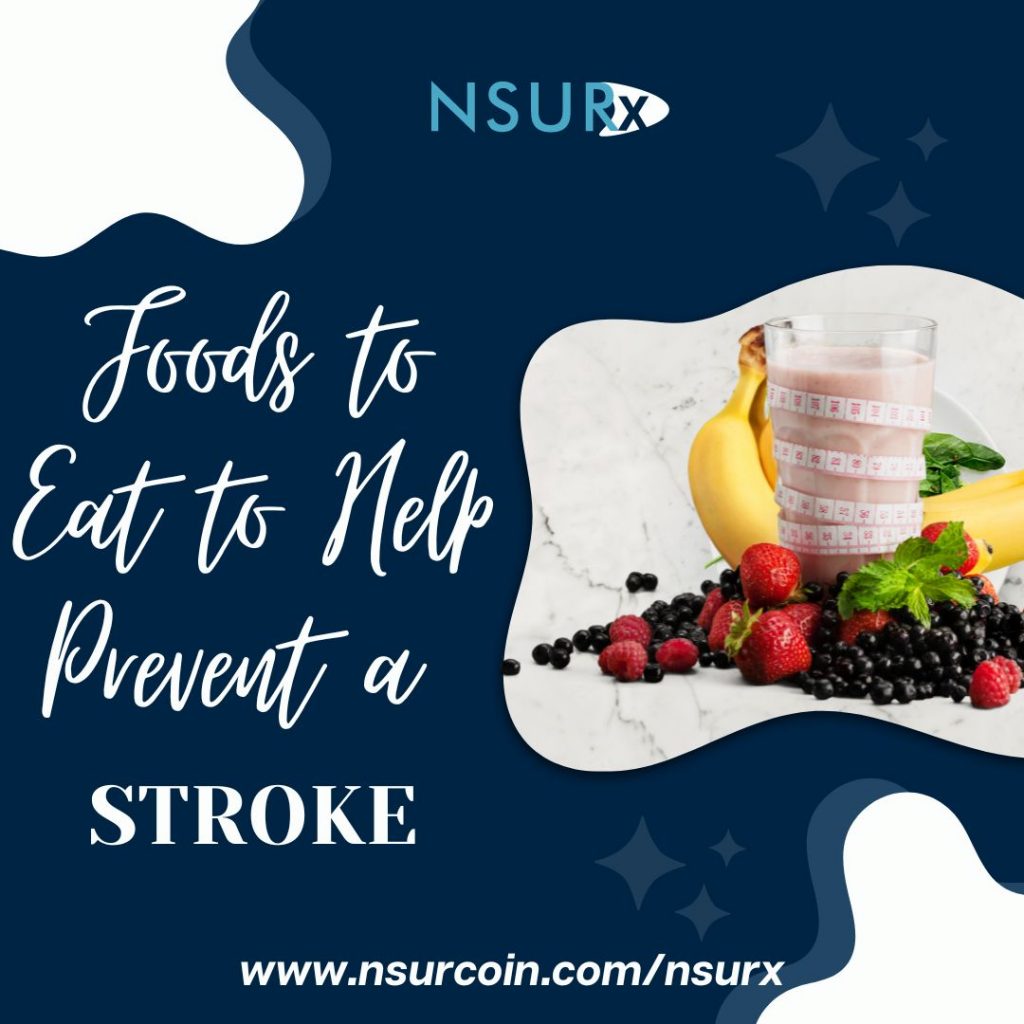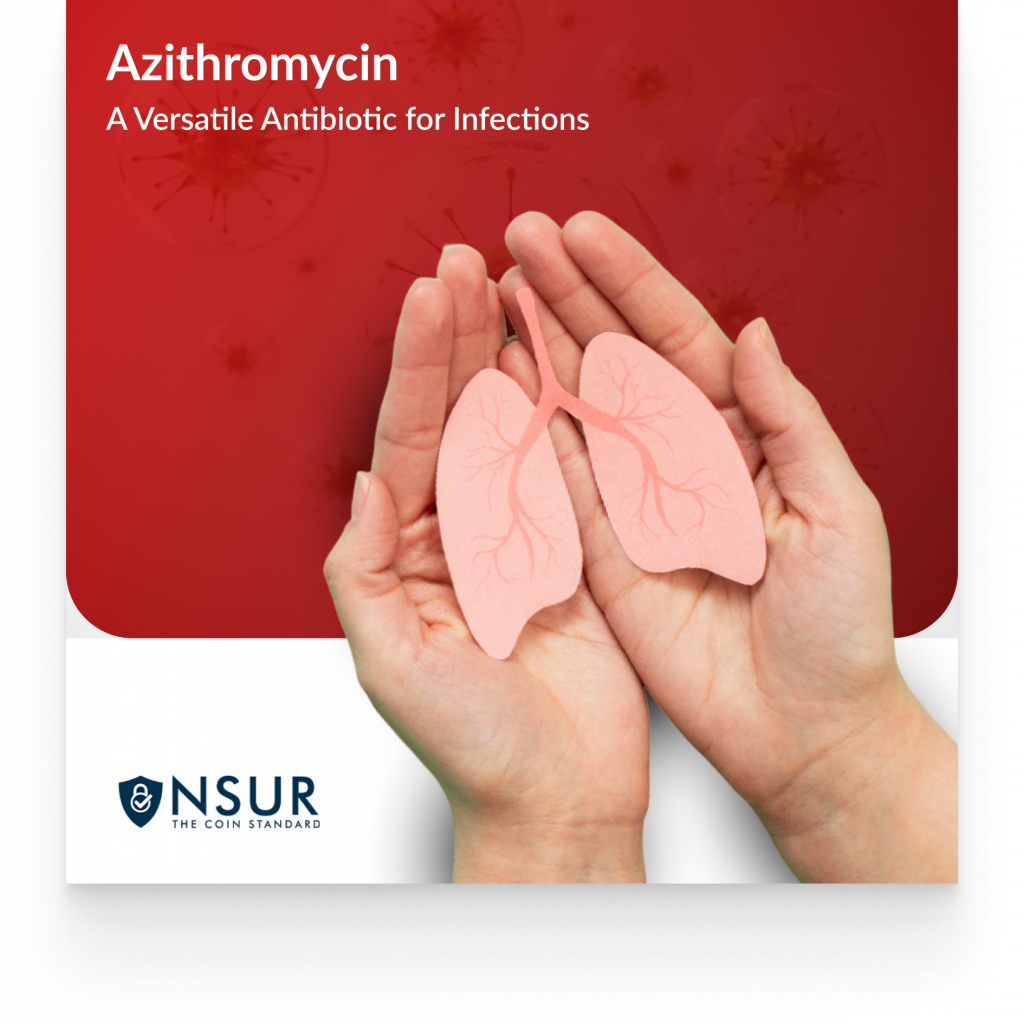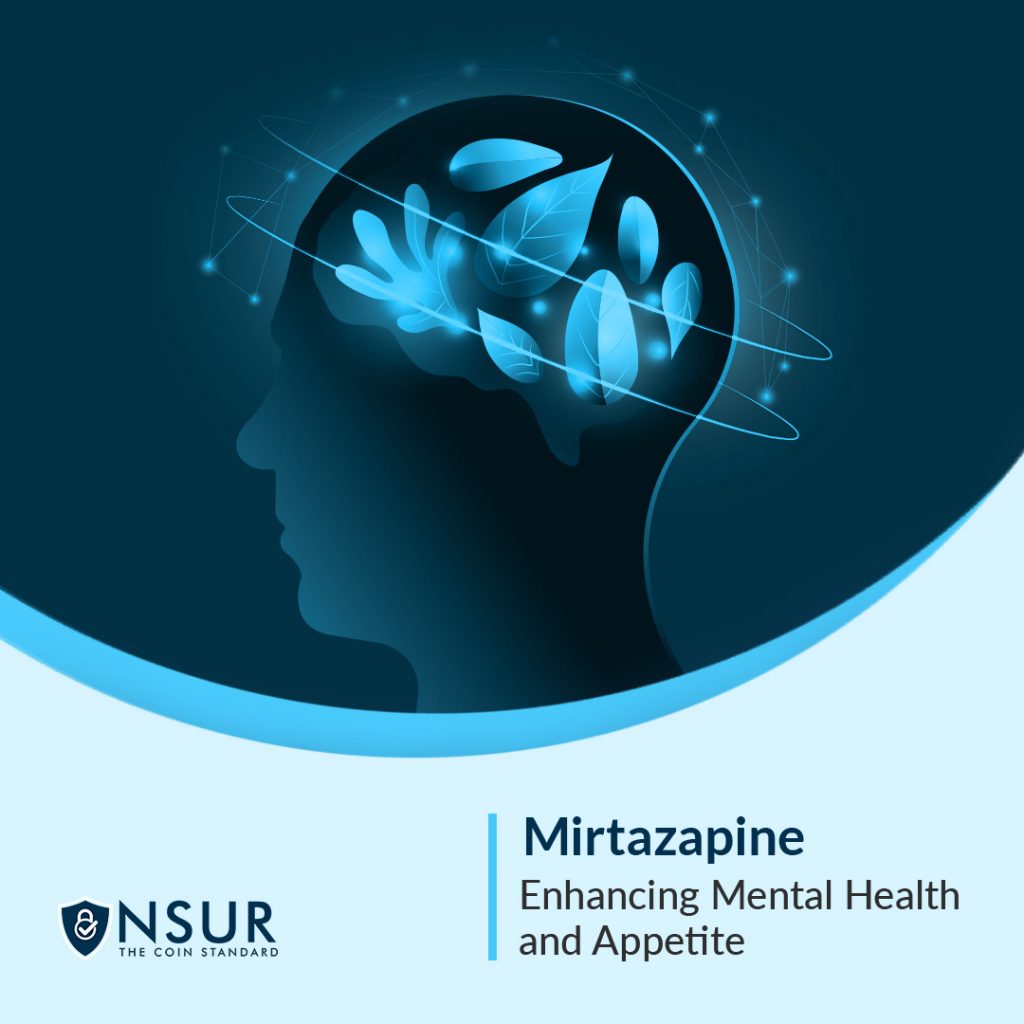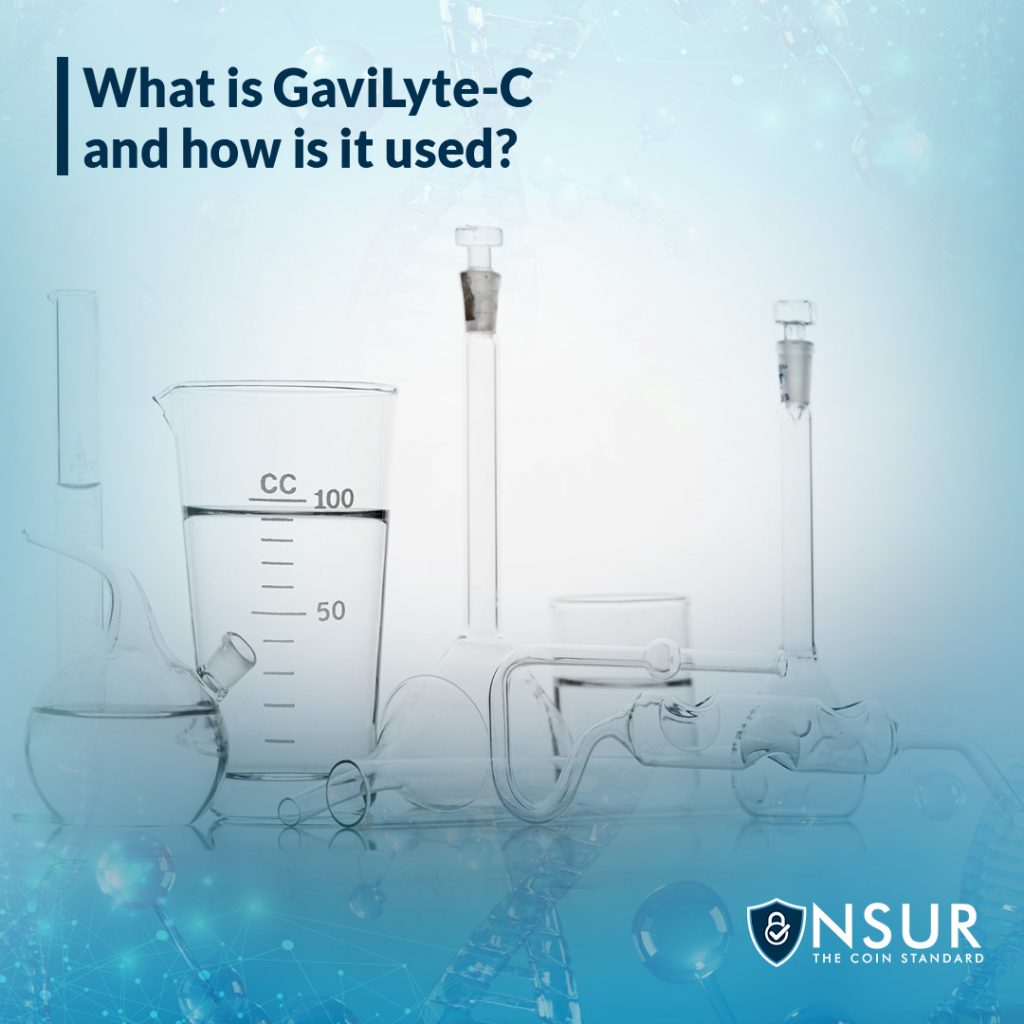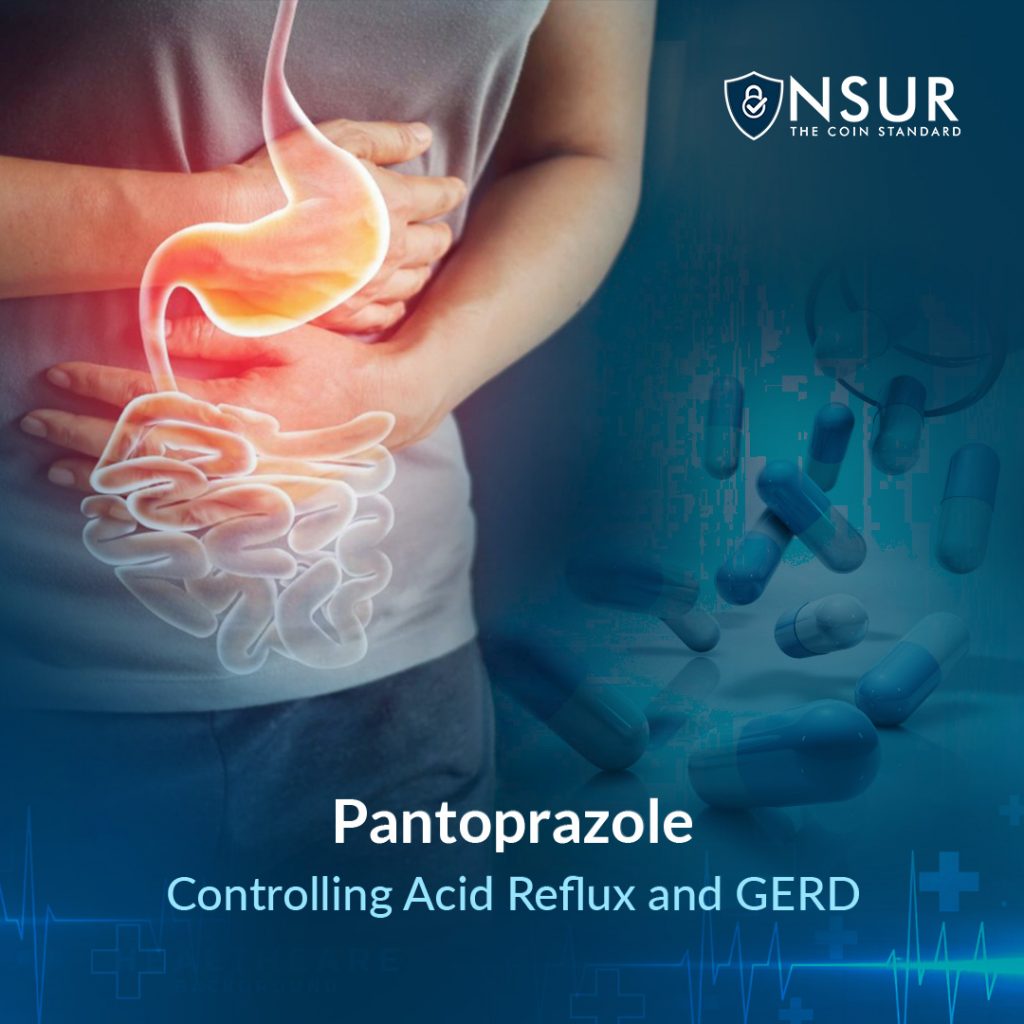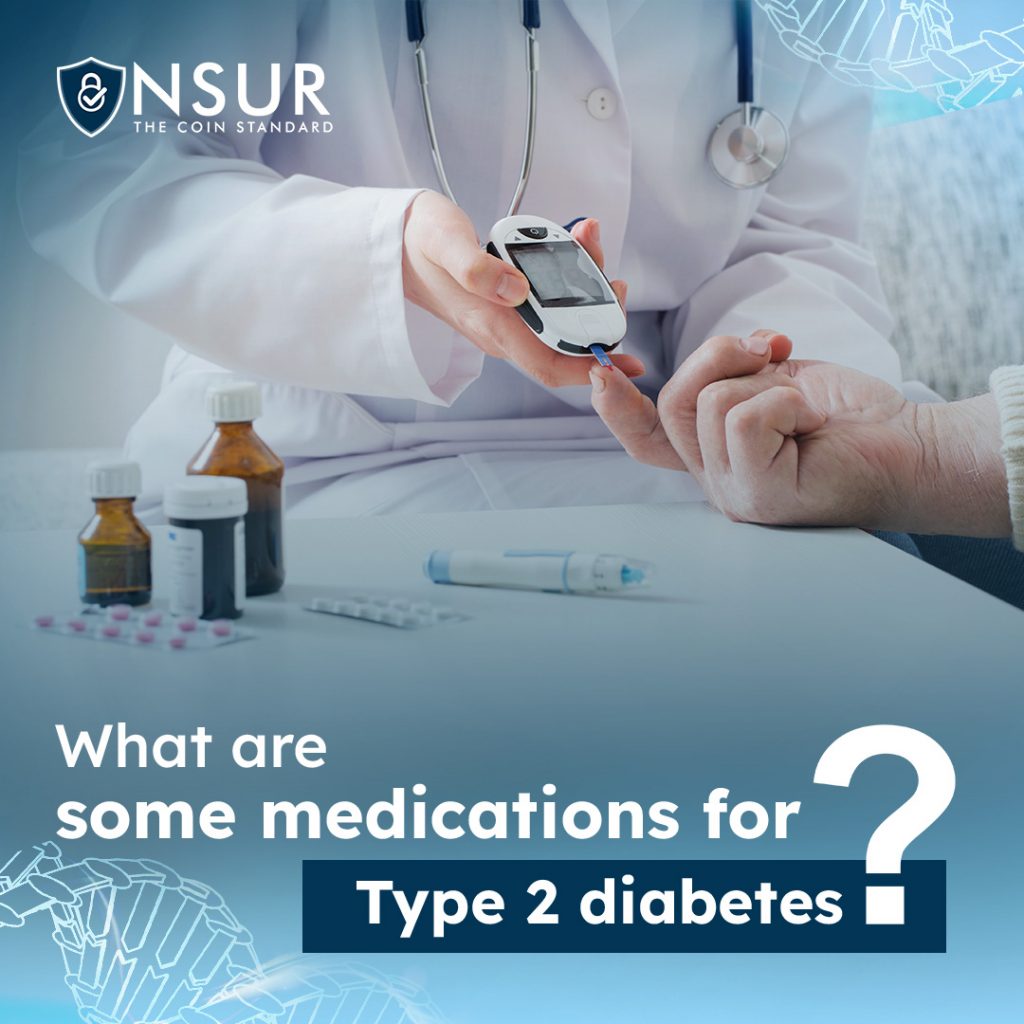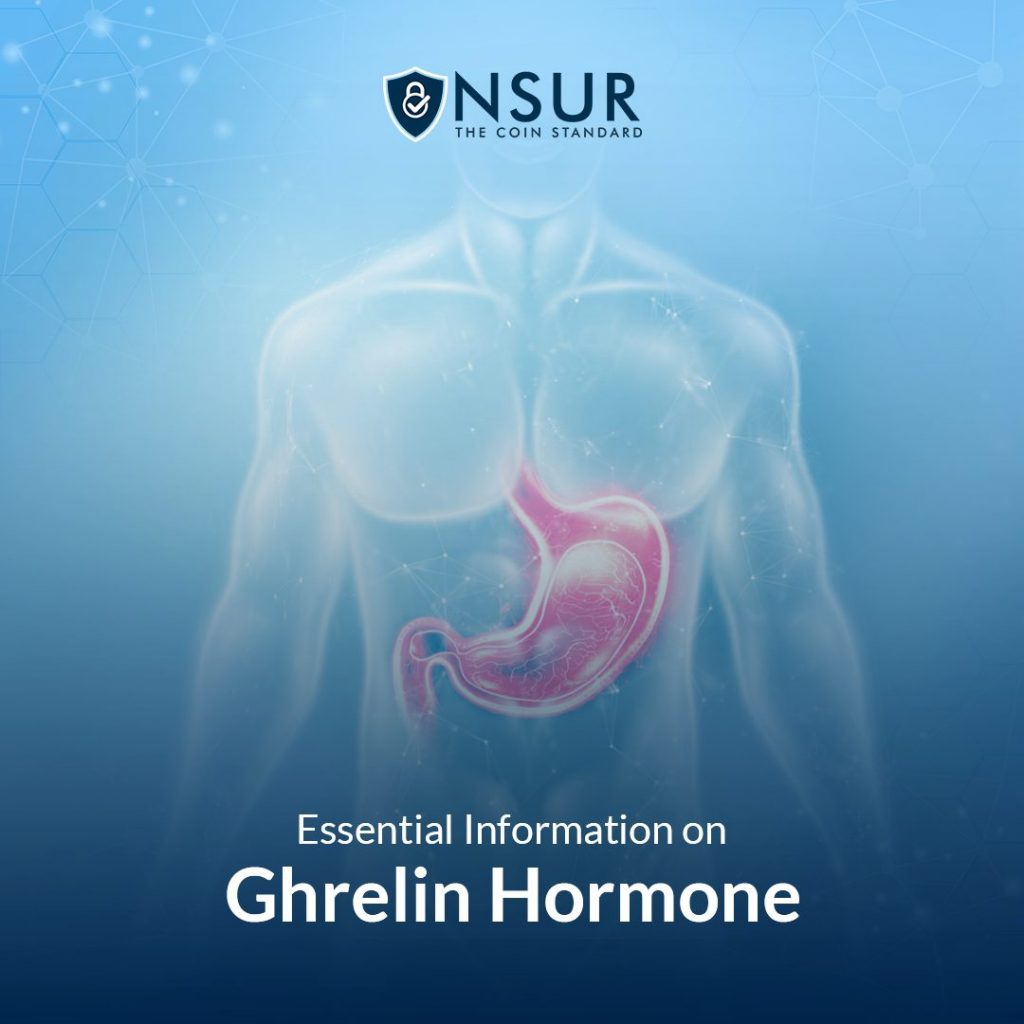
Ghrelin is a hormone that your stomach produces. Small quantities of ghrelin are also released by other regions of your body, including your brain, small intestine, and pancreas.
Ghrelin, sometimes known as the “hunger hormone,” has a variety of tasks in addition to informing your brain that you are hungry. For instance, ghrelin:
- Increases food intake and aids in fat storage.
- Aids in the release of growth hormones from your pituitary gland.
- Controls glucose and how your body releases insulin, the hormone responsible for sugar metabolism.
- Has a role in preventing muscular weakness, bone development, and metabolism.
Difference Between Ghrelin and Leptin
Ghrelin and leptin are two of numerous hormones that regulate hunger and fullness. They participate in the enormous network of circuits that control your body weight. Leptin suppresses hunger whereas ghrelin stimulates it.
Ghrelin is produced in the stomach and alerts the brain when you are hungry. Leptin is produced by your fat cells. Leptin signals to your brain that you have enough energy stored and are “full.”
Ghrelin regulates hunger in the short term, but leptin regulates weight in the long term.
How to keep Gherlin Controlled?
Ghrelin levels are mostly influenced by food consumption. Ghrelin levels in the blood rise shortly before eating and during fasting, with the timing of these spikes influenced by our typical meal schedule. As a result, ghrelin is assumed to have a role in mealtime hunger cramps and the desire to start meals. Ghrelin levels rise during fasting (in accordance with increased hunger) and fall in obese people compared to lean people, indicating that ghrelin may have a role in the long-term control of body weight.
Ghrelin concentrations are reduced by eating. Different nutrients slow down ghrelin release to varied degrees; carbs and proteins inhibit ghrelin synthesis and release more than fats.
Somatostatin also inhibits the release of ghrelin and many other hormones from the digestive system.
Causes of Rise in Ghrelin
When your stomach is empty, ghrelin levels normally rise. When your stomach is full, they gradually shrink.
People who are obese may have higher amounts of ghrelin, but they may also be more susceptible to its effects. In fact, some evidence shows that ghrelin levels are lower in obese persons.
Another study reveals that obese patients have an overactive ghrelin receptor, known as GHS-R, which leads to higher calorie consumption.
When you start a diet to try to lose weight, your ghrelin levels rise and you become more hungry. This is your body’s normal response to protect you from starving.
Your hunger increases as your levels of the “fullness hormone” leptin decrease throughout a weight loss regimen. Your metabolic rate will also drop dramatically if you restrict calories for an extended length of time.
As your hormones and metabolism alter to try to recover the weight you’ve lost, these adaptations can make it substantially more difficult to lose weight and keep it off.
Take advantage of NSURx for your prescription drugs!
With the NSURx Prescription Benefit Card, you can save money on your medications at more than 35,000 pharmacies across the United States.
You can save up to 80% on your medication by using an NSURx card. Hundreds of dollars in savings could be yours every time you fill out your prescription.
The more you shop with NSURx, the more NSUR Coins you will receive as a reward.
Reference:
- https://my.clevelandclinic.org/health/body/22804-ghrelin
- https://www.yourhormones.info/hormones/ghrelin/
- https://www.healthline.com/nutrition/ghrelin#TOC_TITLE_HDR_3
- https://www.medicalnewstoday.com/articles/ghrelin-all-about-the-hunger-hormone
